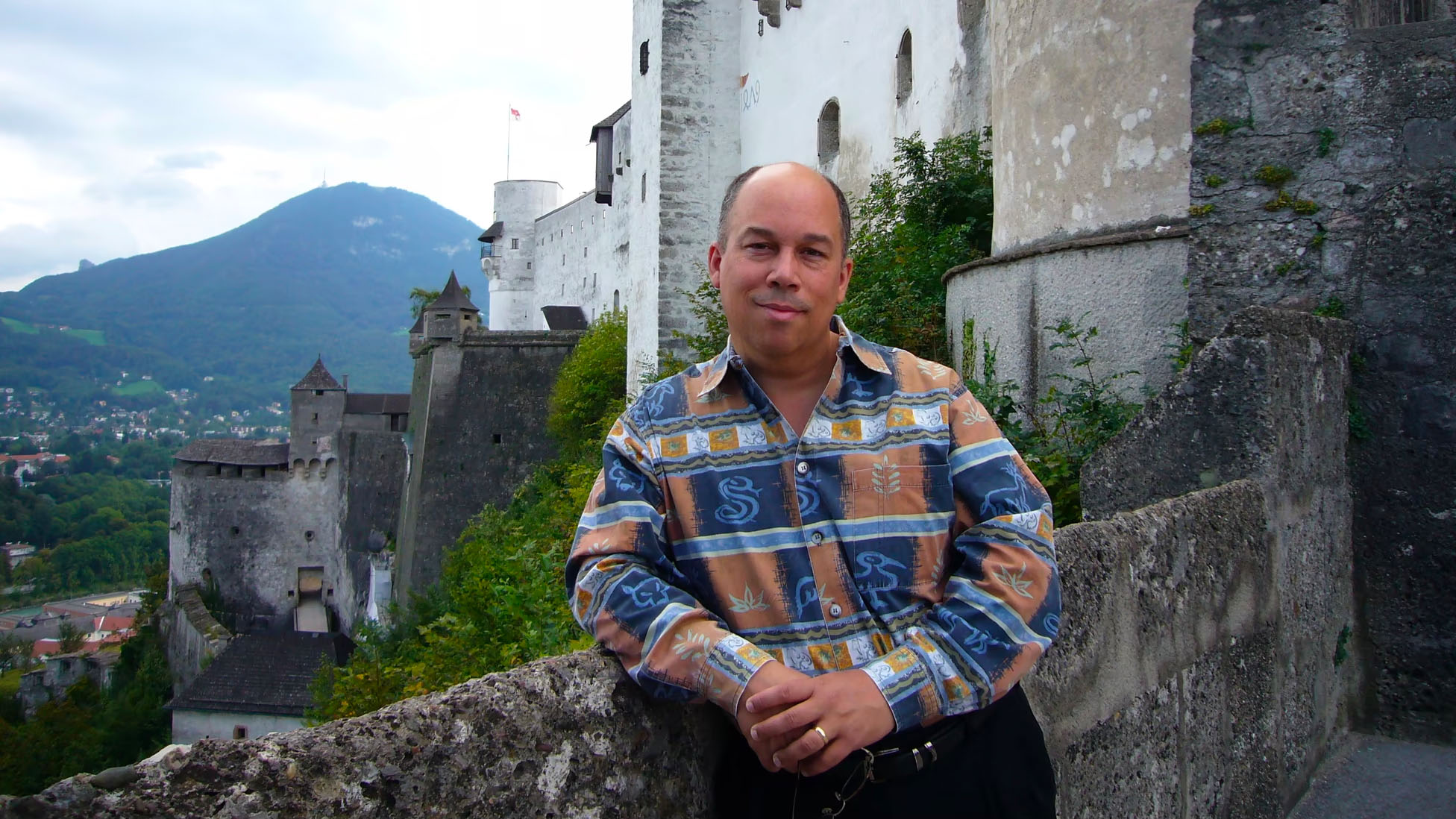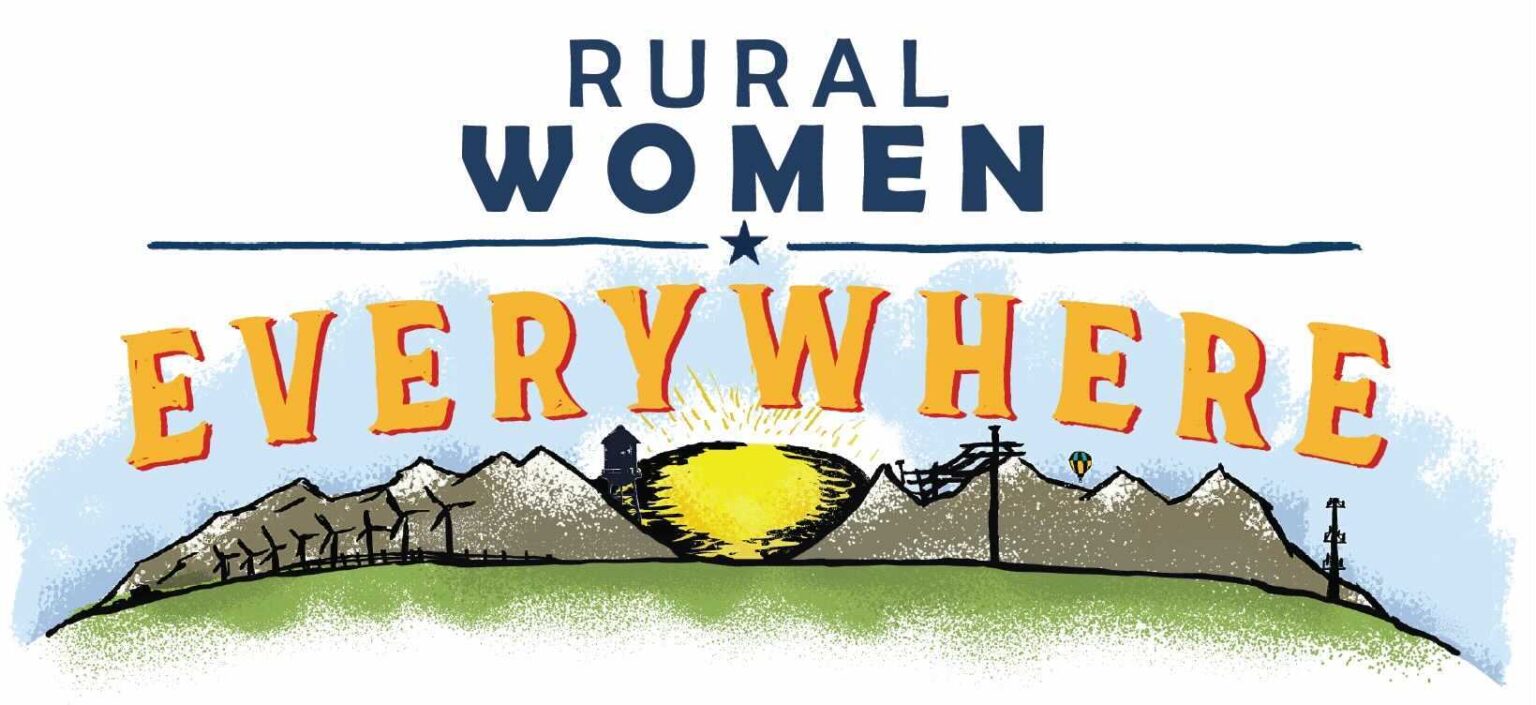Last week, at his home in Sunnyvale, California, a man named Michael T. Jones died of cancer, at age 60. This past weekend the local San Jose Mercury-News ran an appreciation of him and summary of his career, which you can read here. He is mourned by the many friends he made over the decades, of course most of all by his wife, June, with whom he recently celebrated their 40th wedding anniversary.
I considered Michael Jones a good friend, and someone with the too-rare combination of intellectual brilliance and temperamental big-heartedness. It was because of both factors—his virtuosity in the technological world, and his generosity on a personal level—that he was a leading figure in an Atlantic article I wrote ten years ago, called “Hacked.” The article described what happened after the email account and related electronic identities of my wife, Deb, were taken over by a hacker.
/media/img/posts/2021/01/MJones/original.png)
Remember those phony emails you used to get, from what appeared to be a friend’s account? “I regret to inform you that I have been mugged in Manila. Please wire me $10,000 immediately, and include your banking details,” etc. Deb’s account was an early vector for such a scam—pulled off by a hacker, later traced to West Africa, whose first step was to permanently erase the entirety of her existing messages. Michael Jones was at the time the Chief Technology Advocate for the Google company as a whole—a job title invented specifically for him—and, as explained in the article, he helped me understand exactly how the hackers worked; how tech companies were trying to keep ahead of them; and how, eventually, many years’ worth of Deb’s correspondence could be retrieved.
Also I learned: Always use two-factor sign-on systems!
Deb and I had known Michael for several years at that point. I first met him at a tech-world conference where he and colleagues from a small company called Keyhole were describing a new digital-mapping product they had developed. In 2004, Google acquired that Keyhole company and its software, which in turn became the basis of Google Earth. I don’t know how many people around the world would recognize Michael Jones’s name or be aware of his story. But by most reckonings at least a billion people around the world, every day, use the company’s mapping tools—Google Earth, Google Maps, and related products—to get through traffic, to find out if a store is open, to see how their house looks from above. That last example is deliberate: When demonstrating Google Earth’s aerial view to me in the program’s early stages, Michael said that the first thing nearly all users did was enter their own address and zoom in on it.
In 2013, I did a Q-and-A with Michael Jones in the magazine on how always-available mapping had already changed daily life, and what changes lay ahead. One of his answers illustrated his constant linking of technology and the humanities. (Although his formal education lasted only through one year at North Carolina State University, he was deeply informed about history and literature, and their connections with technology). He likened the rise of digital mapping tools to previous revolutions in systematized knowledge:
I would consider this [digitized mapping] like Dr. Johnson’s compilation of a dictionary of the English language, or maybe the rise of the encyclopedia. It’s the creation of a universal reference work, reflecting a lot of labor and great expense, that everybody can rely on.
If you think about Dr. Johnson’s dictionary from the point of view of English literature, you might say, “Well, Johnson—he did a dictionary.” But what else could you do with words on a piece of paper? Maybe you could write mysteries, or comedy, or adventure stories. You can do a lot of things with the words in his dictionary.
We think there will be a new literature from the mapping dictionary that’s now being built.
And another answer reflected what I can only call a boyish joy in discovery and learning, which lasted through his final days. I asked what had surprised him in the effects of mapping technology, and he said that one bad surprise was the touchiness of many governments about geographical-labeling issues. But:
A better surprise has to do with the interest of people in geography.
Geography was a class that few embraced in school. In elementary school, they make you color in maps to show where the oceans and continents are. And yet, when we were starting Keyhole, we read a report that one-fifth of American elementary-school students couldn’t point out the Pacific Ocean on a map.
We thought, “This is wrong. We’re going to fix this problem. We’re going to make learning about the Earth fun, instead of boring …. ”
We were saying … “We are going to make discovering the Earth a joy”—like you’re dating a planet and you want to know it, to hear all about its past and hopes. That’s what we did: we made something immersive and engaging and personal. You can fly to your home—fly to your parents’ home—and remember the time you snuck out in the backyard and did something you shouldn’t do, or the place where you had a first kiss, or the place you got married.
What we didn’t expect was how many people would share that joy with us.
Such was Michael’s polymath curiosity that he also discovered the truth about the unavoidable “boiled frog” cliché. It turns out, as Michael reported here, that a frog will indeed sit still in a pot of gradually heated water, just as the cliché holds. But it will do so only if its brain has already been removed. A normal, sentient frog will hop out as soon as things get too warm. It occurred to a German scientist to demonstrate this experimentally in the late 1800s.
Last summer, the Royal Geographical Society in London awarded Michael Jones its highest honor, its Patron’s Medal, as I noted at the time. He did a revealing interview with the RGS, about the meanings of maps, of geography, and of the inventor’s temperament. In an outtake version of that interview, which June Jones shared with me, Michael said this:
Everyone is an inventor; you need only ignore limits and preconceptions then ask yourself “how should it be?” Inventors are just laborers toiling to make things be as we feel they should.
For me, a key trait is passion for ideas, loving them as parents love children and grandchildren: embracing them, sacrificing for them, excusing the worst and believing the best of them, being patient and supportive with an enduring love as they mature. Like children, they take time to develop into the brightness of their promise.
I have been this way all my life.
I miss Michael Jones and am glad to have known him. Those who never met or knew of him should pause in appreciation of what he and others like him have done.



